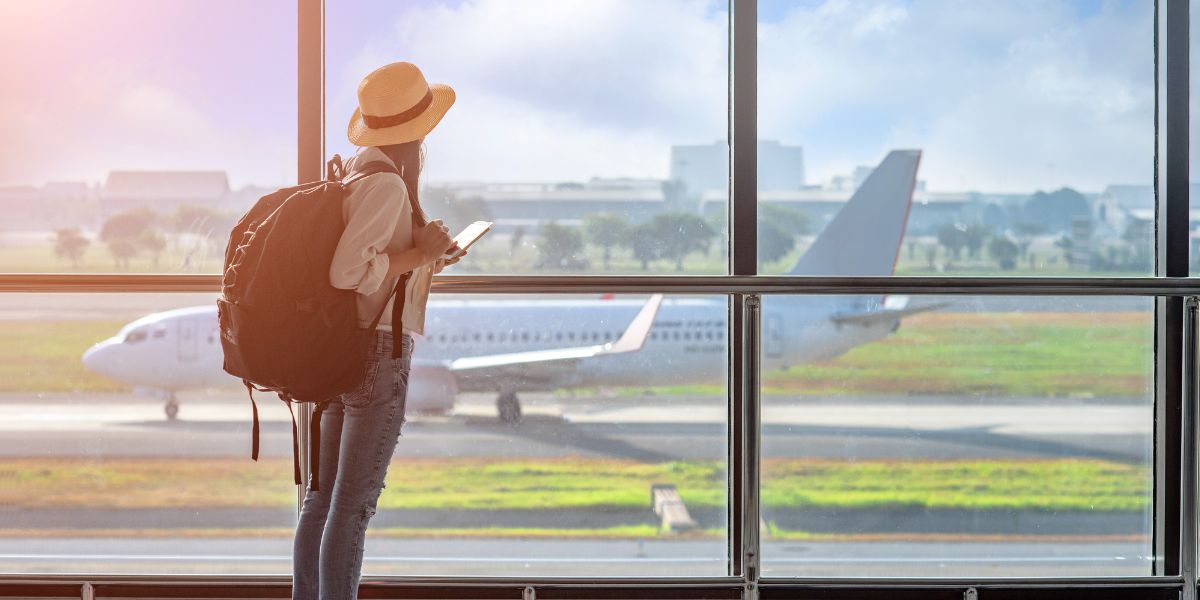Before making a journey abroad, or even within your own country, everyone needs to plan. If you are diabetic, as well as remembering all of the usual holiday checklist (passport, sunscreen, tickets, etc) there are other factors worth considering.
This section of travel top tips is for diabetic travellers.
Before you leave
Visit the family doctor, and make sure you have any recommended vaccinations.
Apart from leaving yourself open to the risk of disease, without vaccinations many travel insurance policies will be invalidated.
Your travel agent will be able to advise you on this, and your diabetes team on any specifics such as drug conflicts, etc.
Apply for your GHIC
Apply for a GHIC (UK Global Health Insurance Card) – you can apply online at https://overseas-healthcare.nhsbsa.nhs.uk/get-healthcare-cover-travelling-abroad/start and you can receive free cover in some European countries.
Inform your travel company and insurer that you have diabetes. They may cover loss or replacement of insulin.
A diabetes identity card or piece of jewellery stating that you have diabetes can be a good idea.
Should you require injection equipment and you are carrying it on foreign transport, it is advisable to carry a letter stating its function.
Packing
Stock up with diabetes drugs and insulin, taking more than you will need. If you are travelling with a partner, make sure they carry half in another case, in the event that one case is lost.
Similarly, make sure you carry a supply as hand luggage. Temperatures in the hold of an aircraft can also become very low, causing insulin to freeze in extreme cases, so all insulin, and other injectable medication, should be kept with you.
Pack a list of all medication. Carry a simple first-aid kit. Pack an ample supply of food and drink, providing for any delays and making sure you don’t disrupt your usual diet too much.
Pack facilities to test your blood sugar, even if you have an established insulin regimen. Insulin may be absorbed faster in warmer climates.
The journey
If you are going on a long journey, it might affect when you take insulin or how much. Your diabetes care specialist can help you to plan and work out your insulin doses.
Be prepared for transport delays.
Keep your watch or the clock on your mobile phone at British time if you have an alternate time source. That way, you will be able to work out how far from your normal eating times you are at a glance.
Carry food and drink with you to cover any delays.
If you take sweeteners, you may wish to bring these with you. Also be aware that airline meals may either contain too many or not enough carbohydrate. It is recommended to check with the airline what the in flight meal will contain.
Be aware of drinking alcohol, it can be worth taking sugar-free drinks away with you.
Foot care whilst travelling
Make sure that you travel with comfortable, well-fitting shoes in case your feet swell in warmer conditions..
Do not walk barefoot, particularly on hot sand. Keep checking your feet every evening and morning. If you develop a blister stay out of the sea, cover it with a plaster and keep it clean.
- For more information see Diabetes Footcare






